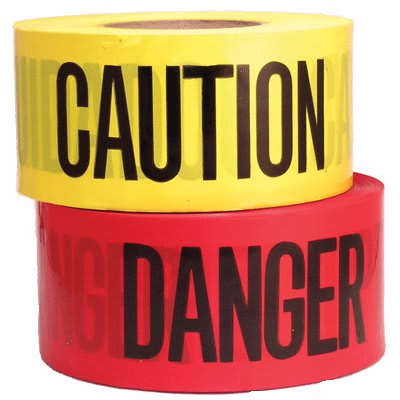The Shulchan Arukh (YD 247:2), citing Rambam (Matanot Ani’im 10:2), states that “A person will never become impoverished from giving tzedaka, and no evil or damage comes because of tzedaka”. It is understandable why a person might think that he would become poor from giving charity (even if he gives no more than the twenty percent which is the generous measure recommended by the Shulchan Arukh), but why would evil or damage come from it?
The simple explanation (based on the Rambam’s source in the Midrash Halakha – see Midrash Tannaim on Devarim 15:9), is that even a well-off person may have an extraordinary need for money, because of illness or the like. He may be worried that even if he is not impoverished by charity, he may suffer damage because he will lack this financial “cushion.” Thus the Sages need to reassure us that tzedaka enriches and protects.
A letter of the Alter Rebbe also relates to the potential danger of tzedaka, from a rather different angle. His explanation is based on Chasidut, but we can find parallels for it in the revealed Torah.
The prophet Yeshayahu says that HaShem “clothes Himself with tzedaka like armor”. The gemara explains the likeness as follows: charity is like a coat of mail, for “just as with mail each scale combines with the others to form a large armor, so with tzedaka each coin joins together to form a large sum”. (Bava Batra 9b. The visual image is reinforced by the likeness of the scales of mail to small coins.) And what is this “armor” of tzedaka protecting us from? The Alter Rebbe explains that it protects us from a potential danger in the act of tzedaka itself! The source of this danger is that part of the reward of charity is enjoyed in this world (as stated in the Mishna Pe’ah 1:1). “By the act of charity and kindness, whose fruits are eaten in this world, there are openings in the supernal garment which encompasses the [supernal] body… And in order that the extraneous forces above should not draw from the light and plenty which devolve and descend down into this material world [from the impact of the mitzva] and also to protect man and keep and protect him from any harm physically or spiritually”, the protective aspect of charity is necessary (Igeret HaKodesh 3).
The two dangers mentioned are “extraneous forces” and “harm physically and spiritually” to the donor.
One physical analog of the “extraneous forces” is the possibility that tzedaka may reach recipients who are unworthy. This is a danger that the Sages warn us about in a number of places. Yet surprisingly the danger described is not that lazy or dangerous individuals will benefit from the tzedaka; the danger is that the giver loses his mitzva! (See e.g. Bava Kama 16b, Yalkut Shimoni on Kohelet 7:19.) In fact, in a number of places the gemara indicates that we shouldn’t be zealously selective in giving tzedaka (Ketubot 67b, 68a). The special protective benefit of tzedaka is such that we needn’t be obsessed with the possibility that the recipient is not really so needy. (However, if there is a concern that the person is actually using the money in a destructive way, for example to finance an addiction, we should not turn a blind eye.)
The danger to the donor described by the Alter Rebbe is that the reward of the mitzva is so overwhelming that we are unable to assimilate it, and it becomes destructive. This indeed is the reason that normally “there is no reward for a mitzva in this world” (Kiddushin 39b). This problem too is discussed in the revealed sources. For example, the gemara states that one reason we shouldn’t accept charity from those with extraneous motives (this is especially likely when we are offered charity from non-Jews) is that the unique reward of the mitzva will give the donor power which may be used in a negative way (Bava Batra 10b). But here again the conclusion is that the giver needn’t worry that he will be damaged by any admixture of impure motives.
One reason a person may be afraid to give tzedaka is that he is worried that it may damage him financially. On this count, our tradition reassures us that tzedaka enriches. Yet a person who takes this reassurance seriously may still be concerned: perhaps tzedaka will enrich the wrong person – a recipient who is not truly needy, or a donor who has improper motives. On this count too our tradition urges us not to be overly concerned. If we give charity with the proper motives, and take basic but not obsessive precautions to ensure that it reaches truly needy beneficiaries, then the unique blessing of this commandment guarantees that it will bring only benefit, and never harm.
Rabbi Asher Meir is the author of the book Meaning in Mitzvot, distributed by Feldheim. The book provides insights into the inner meaning of our daily practices, following the order of the 221 chapters of the Kitzur Shulchan Aruch.
The words of this author reflect his/her own opinions and do not necessarily represent the official position of the Orthodox Union.
